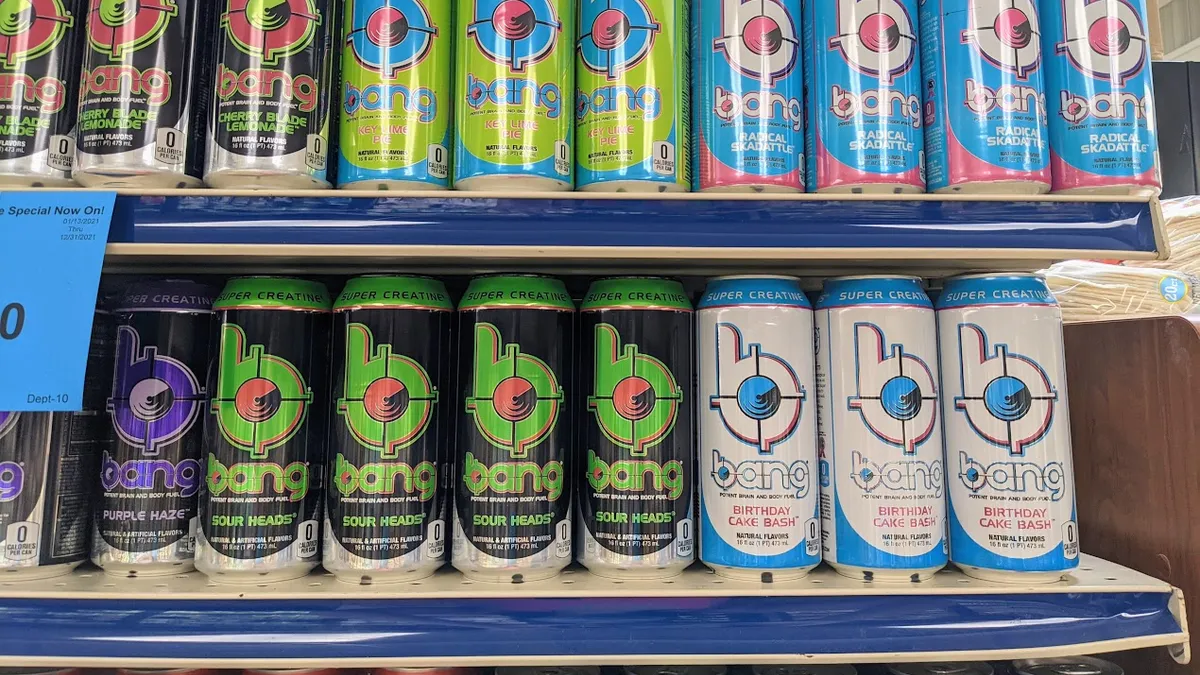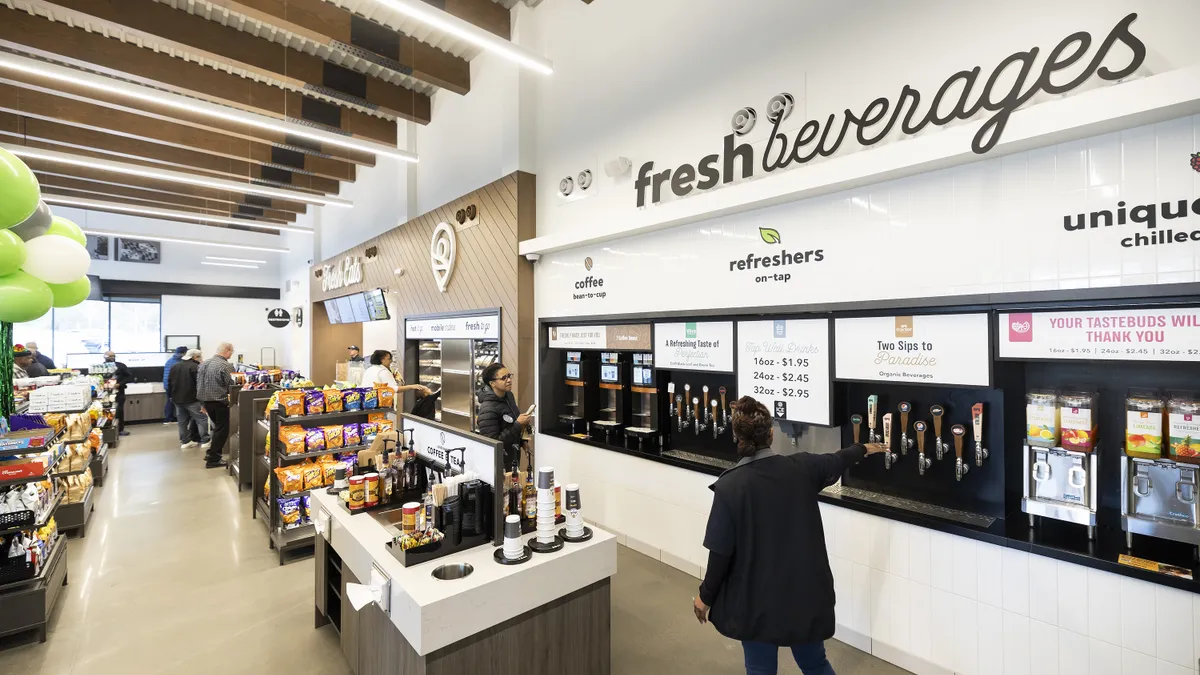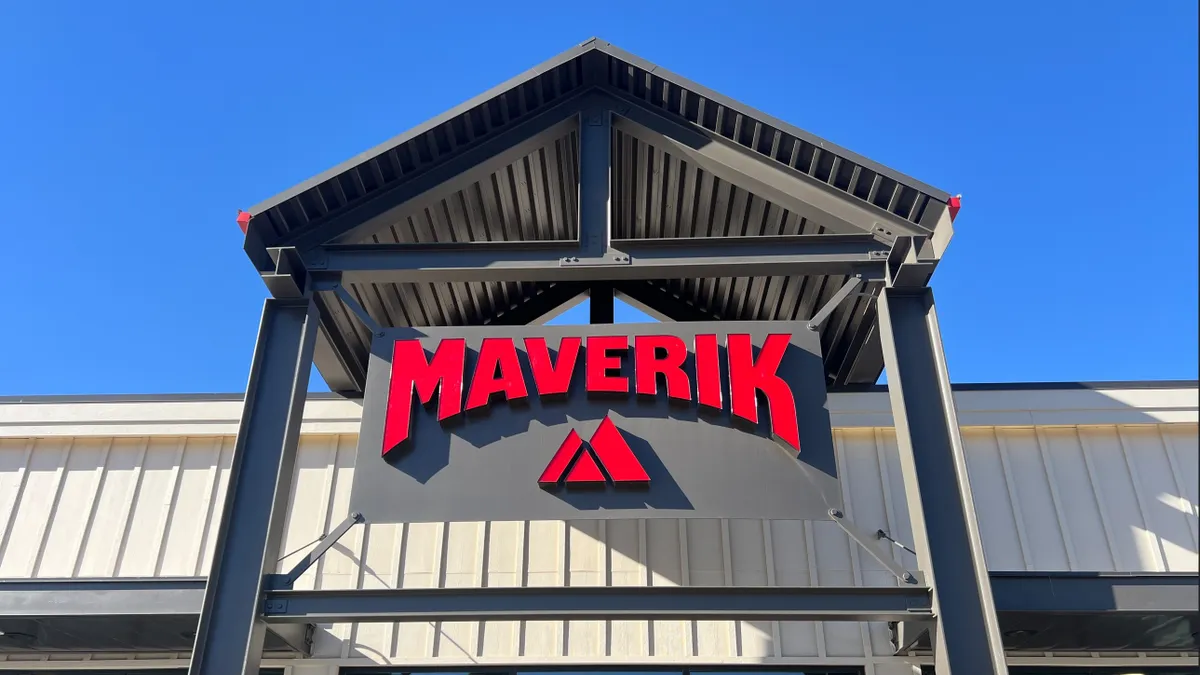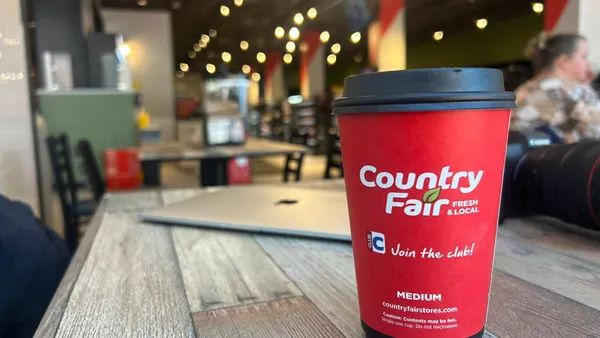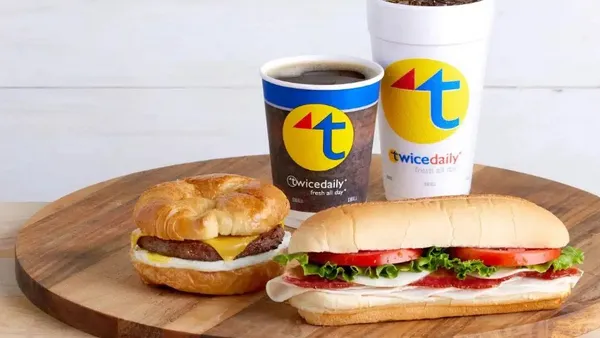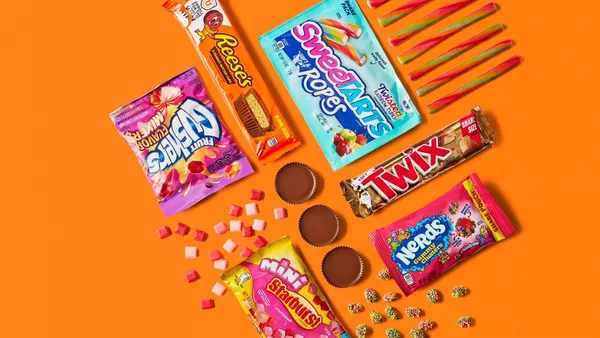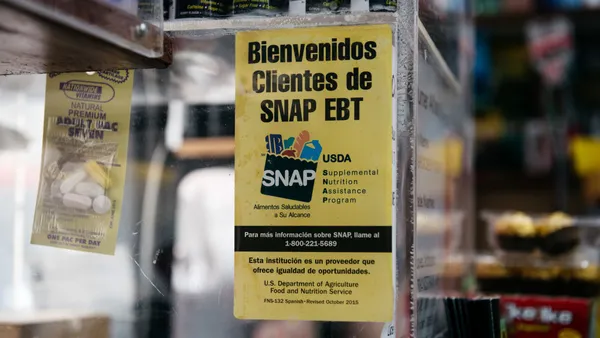Dive Brief:
- The parent company of Bang Energy filed for Chapter 11 protection in Florida as it seeks to recover following multiple costly lawsuits that have weighed on its business, the company said in a press release. Vital Pharmaceuticals, which produces Bang, said it has lined up $100 million from lenders, and noted in its bankruptcy filing that both its assets and liabilities were between just over $500 million and $1 billion.
- Vital said the filing “is a restorative action to help the company recover from recent challenges.” Bang plans to use bankruptcy protection to put in place a new distribution network, the company said.
- In addition to the financial toll of the lawsuits, Vital claimed Bang struggled with declining market share during its tumultuous partnership with PepsiCo, which the company said resulted in hundreds of millions of dollars in lost sales.
Dive Insight:
While the energy drink market has continued its strong pace of growth, Bang and its charismatic CEO Jack Owoc have found themselves deep in legal damages.
Bankruptcy is likely the best way for Vital to protect itself from creditors that could hamstring its business as it aims to roll out its own distribution system, which is crucial to growing the Bang brand.
Bang entered into what appeared to be a promising distribution deal with PepsiCo in March 2020, but just eight months later Vital announced it was terminating its exclusive distribution partnership. The decision resulted in a bitter and protracted period of litigation before the companies parted ways. Bang announced in June of this year it would transition from having its beverages distributed by PepsiCo to new direct store delivery partners.
In a statement announcing the bankruptcy, Bang said the PepsiCo deal led to a decline in market share, from about 9.7% just prior to the transaction to 6.3% when it exited, equating to about $680 million in lost sales in today’s energy drink market. Bang owes PepsiCo $115 million under a settlement, as well as $2.1 million from consumer programs, according to documents filed in bankruptcy court.
But perhaps the death knell for Bang came last month, when Monster Energy won $293 million in a false advertising and trade secrets case against Bang. Monster is identified in bankruptcy court papers as Bang’s largest unsecured creditor.
Despite its ongoing challenges, the outspoken Owoc said Bang intends to regain its “formidable” market share and “continue to achieve double digit growth and progress vigorously beyond 20% market share in energy drinks.” He vowed to continue fighting large corporations, including Monster and PepsiCo.
“Utilizing our new state-of-the-art decentralized direct store distribution (DSD) will allow Bang Energy to get back to our pre-Pepsi meteoric annual success of several hundred percent year over year growth,” said Owoc, who introduced the drink in 2012. “We are coming like a freight train and cannot be stopped.”
The day after Vital filed for bankruptcy, Bang named a new COO in food and beverage industry veteran Kathy Cole. In her new role, Cole will lead Bang’s supply chain, distribution, operations, sales and finance as the company transitions to a “100% vertically operated decentralized distribution model,” Owoc said in a statement.
Cole joins Bang from Harvest Sherwood Food Distributors, where she most recently served as President and COO. She previously held several senior leadership positions for over a decade at both PepsiCo Frito-Lay and Coca-Cola Enterprises
Other major players in the space may serve as stumbling blocks to Owoc’s growth plans. PepsiCo, led by its Rockstar brand that it purchased for $3.85 billion a month before it signed its Bang deal in 2020, has firmly entrenched itself as a major player in the category. Meanwhile, there is tough competition from Monster and fast-growing Celsius, among other players in the energy drink space.



